Stonehouse - The Mountain Poems of Stonehouse (English and Chinese Edition)
Here you can read online Stonehouse - The Mountain Poems of Stonehouse (English and Chinese Edition) full text of the book (entire story) in english for free. Download pdf and epub, get meaning, cover and reviews about this ebook. year: 2014, publisher: Copper Canyon Press, genre: Detective and thriller. Description of the work, (preface) as well as reviews are available. Best literature library LitArk.com created for fans of good reading and offers a wide selection of genres:
Romance novel
Science fiction
Adventure
Detective
Science
History
Home and family
Prose
Art
Politics
Computer
Non-fiction
Religion
Business
Children
Humor
Choose a favorite category and find really read worthwhile books. Enjoy immersion in the world of imagination, feel the emotions of the characters or learn something new for yourself, make an fascinating discovery.
- Book:The Mountain Poems of Stonehouse (English and Chinese Edition)
- Author:
- Publisher:Copper Canyon Press
- Genre:
- Year:2014
- Rating:3 / 5
- Favourites:Add to favourites
- Your mark:
The Mountain Poems of Stonehouse (English and Chinese Edition): summary, description and annotation
We offer to read an annotation, description, summary or preface (depends on what the author of the book "The Mountain Poems of Stonehouse (English and Chinese Edition)" wrote himself). If you haven't found the necessary information about the book — write in the comments, we will try to find it.
The Mountain Poems of Stonehouse [is] a tough-spirited book of enlightened free verse.Kyoto Journal
The Zen master and mountain hermit Stonehouseconsidered one of the greatest Chinese Buddhist poetsused poetry as his medium of instruction. Near the end of his life, monks asked him to record what he found of interest on his mountain; Stonehouse delivered to them hundreds of poems and an admonition: Do not to try singing these poems. Only if you sit on them will they do you any good.
Newly revised, with the Chinese originals and Red Pines abundant commentary and notes, The Mountain Poems of Stonehouse is an essential volume for Zen students, readers of Asian literature, and all who love the outdoors.
After eating I dust off a boulder and sleep
and after sleeping I go for a walk
on a cloudy late summer day
an oriole sings from a sapling
briefly enjoying the season
joyfully singing out its heart
true happiness is right here
why chase an empty name
Stonehouse was born in 1272 in Changshu, China, and took his name from a cave at the edge of town. He became a highly respected dharma master in the Zen Buddhist tradition.
Red Pine is one of the worlds leading translators of Chinese poetry. Every time I translate a book of poems, he writes, I learn a new way of dancing. And the music has to be Chinese. He lives near Seattle, Washington.
Stonehouse: author's other books
Who wrote The Mountain Poems of Stonehouse (English and Chinese Edition)? Find out the surname, the name of the author of the book and a list of all author's works by series.

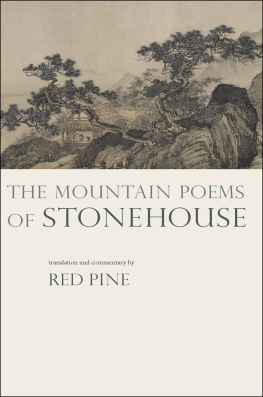

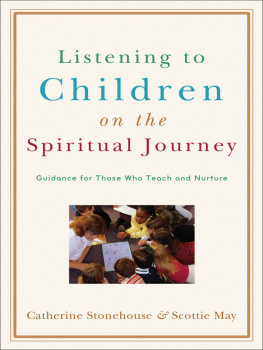
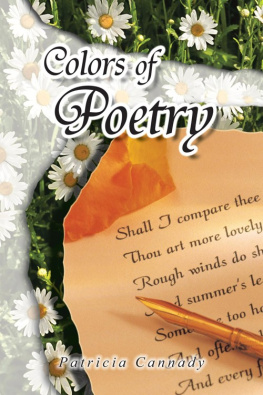
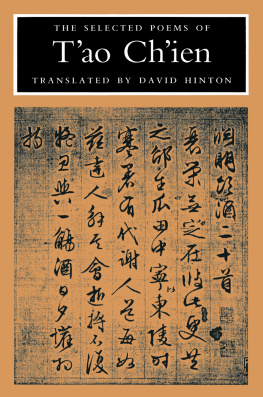
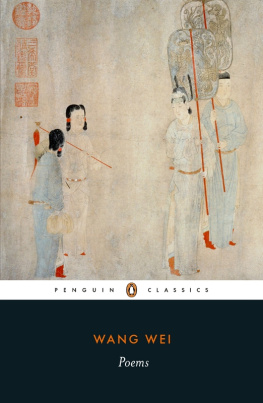
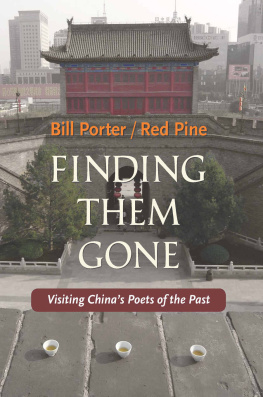


 ), or Cold Mountain, one of the Chinese editions I was using was published by Taiwans Hsinwenfeng (
), or Cold Mountain, one of the Chinese editions I was using was published by Taiwans Hsinwenfeng ( ) Publishing Company, and it included the poems of two other Buddhist poets. When I got to the end of Cold Mountains poems, there was Stonehouse waiting for me. I couldnt believe my good fortune. I was captivated by his poems. And yet I couldnt find anyone in Taiwan who had heard of him. Undeterred, once I finished Cold Mountains poems, I translated Stonehouses as well.
) Publishing Company, and it included the poems of two other Buddhist poets. When I got to the end of Cold Mountains poems, there was Stonehouse waiting for me. I couldnt believe my good fortune. I was captivated by his poems. And yet I couldnt find anyone in Taiwan who had heard of him. Undeterred, once I finished Cold Mountains poems, I translated Stonehouses as well.

 , not far from where the Yangtze empties into the East China Sea. Nothing is known about his family or his early life, other than that his fathers surname was Wen (
, not far from where the Yangtze empties into the East China Sea. Nothing is known about his family or his early life, other than that his fathers surname was Wen ( ) and his mothers surname was Liu (
) and his mothers surname was Liu ( ) and that he received the traditional Confucian education for someone from a family of means. No one knows either when he started using the name Stonehouse (Shihwu,
) and that he received the traditional Confucian education for someone from a family of means. No one knows either when he started using the name Stonehouse (Shihwu,  ) or why. He probably picked up the name while he was still studying to become an official. It was the name of a cave on Yushan (
) or why. He probably picked up the name while he was still studying to become an official. It was the name of a cave on Yushan ( ), just outside his hometown. Yushan was known for its pine trees, its rock formations, and its springs, in particular a spring that flowed out of a cave as big as a house. Locals still call it Stonehouse Cave. Ironically, the scenes of Yushan were among the favorite subjects of Huang Kung-wang (
), just outside his hometown. Yushan was known for its pine trees, its rock formations, and its springs, in particular a spring that flowed out of a cave as big as a house. Locals still call it Stonehouse Cave. Ironically, the scenes of Yushan were among the favorite subjects of Huang Kung-wang ( , 12691354), one of the great artists of the time. Huang was also born in Changshu, and his grave is still there on Yushan, not far from the cave from which Stonehouse took his name. It was not uncommon for an educated person to assume such a name. Many people took several names in the course of their careers, especially artists and poets.
, 12691354), one of the great artists of the time. Huang was also born in Changshu, and his grave is still there on Yushan, not far from the cave from which Stonehouse took his name. It was not uncommon for an educated person to assume such a name. Many people took several names in the course of their careers, especially artists and poets. at Hsingchiao Chungfu Temple
at Hsingchiao Chungfu Temple  just outside Changshu. After three years, he was formally ordained and given the monastic name Ching-kung
just outside Changshu. After three years, he was formally ordained and given the monastic name Ching-kung  . Being a young monk, he did what many young monks did back then and still do today: he sought further instruction. One day soon after his ordination, he saw a monk walk past his door wearing a broad-brimmed straw hatthe kind travelers wore to keep the sun out of their eyes and the rain off their shoulders. The monk also had a hiking staff in his hand. When Stonehouse asked where he was going, the monk said he was going to Tienmushan
. Being a young monk, he did what many young monks did back then and still do today: he sought further instruction. One day soon after his ordination, he saw a monk walk past his door wearing a broad-brimmed straw hatthe kind travelers wore to keep the sun out of their eyes and the rain off their shoulders. The monk also had a hiking staff in his hand. When Stonehouse asked where he was going, the monk said he was going to Tienmushan  to see Kao-feng Yuan-miao
to see Kao-feng Yuan-miao  , a great Zen master of the time. He invited Stonehouse to join him, and the two monks journeyed there together. It wasnt far maybe a four- or five-day journey on foot, assuming they didnt shorten it by availing themselves of the Grand Canal as far as Hangchou. Kao-feng was living on the West Peak of Tienmushan, just south of Hangchou.
, a great Zen master of the time. He invited Stonehouse to join him, and the two monks journeyed there together. It wasnt far maybe a four- or five-day journey on foot, assuming they didnt shorten it by availing themselves of the Grand Canal as far as Hangchou. Kao-feng was living on the West Peak of Tienmushan, just south of Hangchou. .
.